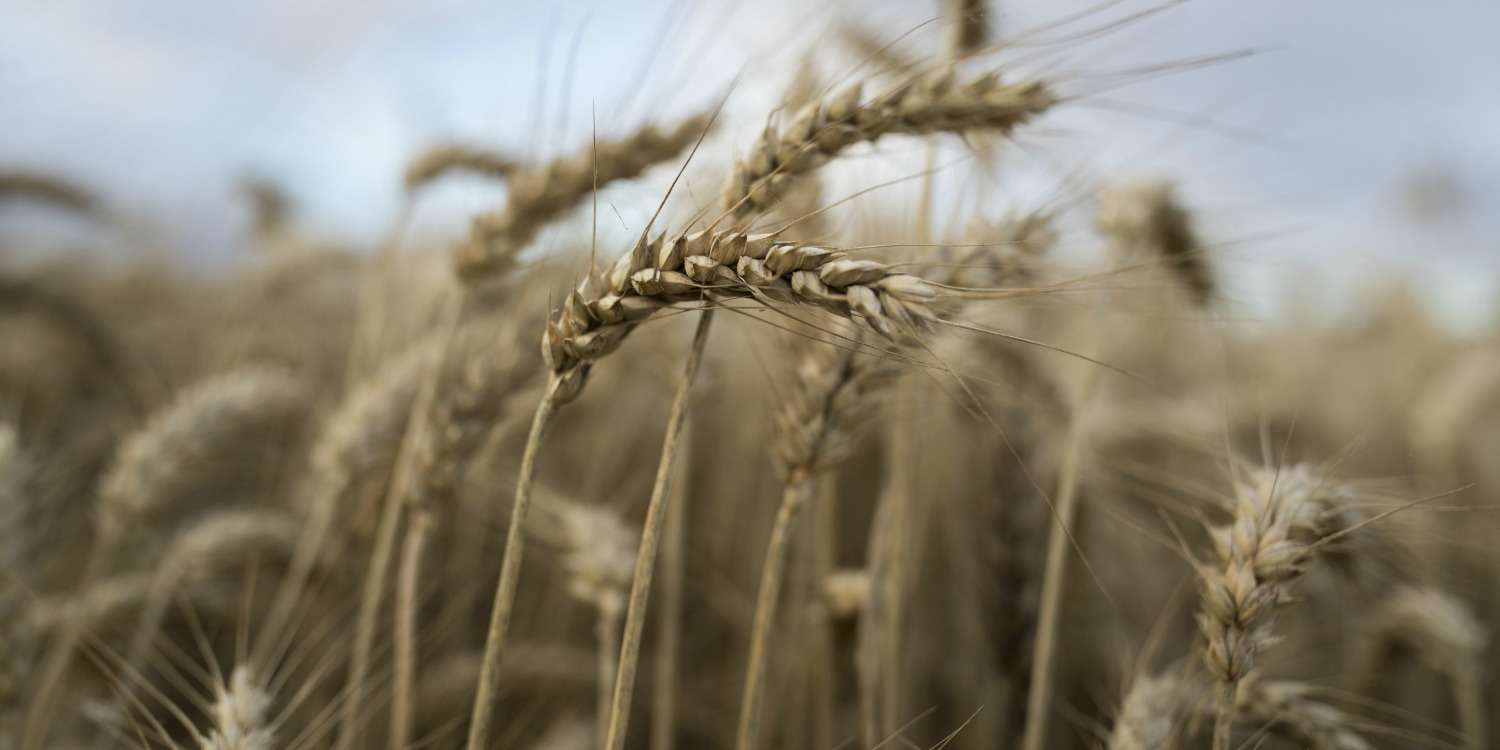Persistent dry weather conditions have not only caused serious health problems but if the dry spell continues it will have serious negative impact on Rabi crop, experts stated. According to Pakistan Metrological Department (PMD), during the last two months dry weather has been reported in most of the agricultural plains of the country and is likely to prevail till mid December.
The prolonged dry spell had delayed wheat crop sowing which might result in decrease of up to 20 percent in the sowing target, said agriculture experts. “If the dry spell continues for long the country will miss wheat sowing as well as production target,” they added.
According to an official of Ministry of National Food Security and Research, the government has set wheat production target at 26.01 million tons for Rabi sowing season 2016-17 from an area of 9.12 million hectares. Out of 26.01 million tons, Punjab is estimated to produce 19.51 million tons, Sindh 4.2 million tons, Khyber Pakhtunkhawa 1.4 million tons and Balochistan 0.9 million tons, he said.
According to provincial government reports, sugarcane production for 2016-17 is estimated at 71.4 million tons from an area of 1,225,000 hectares as compared to 65 million tons the previous year from an area of 1,130,000 hectares, showing a decrease of 9.2 percent.
Sugarcane production for the year of 2016-17 in Punjab is estimated at 48 million tons from an area of 792,000 hectares. In Sindh sugarcane was cultivated on an area of 320,500 hectares during 2016-17 and sugarcane production is estimated at 18.2 million tons. During 2016-17, sugarcane production in Khyber Pakhtunkwa (KP) has been estimated at 5.253 million tons from an area of 112,600 hectares.
According to officials of public and private hospitals, during the past one month a five time increase was witnessed in patients for the treatment of chest, cold, allergy and skin related diseases. Medical officials from federal Government Polyclinic Hospital and Pakistan Institute of Medical Sciences (PIMS) said accumulation of hazardous pollutants in the atmosphere as a result of the prolonged dry spell coupled with falling temperatures has provided conditions for harmful virus and bacteria to thrive, putting children and elderly people at greater risk of getting infections.
Dr Saif of PIMS while talking to Business Recorder advised the public to adopt necessary precautionary measures especially those with weak immunity system, adding that children, elderly and asthma patients needed to take extra carte to avoid complications. According to Dr Arif Majeed dry weather has increased skin problems, hay fever, joint pain, respiratory tract infection, cough and flu like problems. He added that not only public but private health facilities over the past one month had witnessed a manifold increase in the number of patients.
He further advised the public to start wearing warm clothes and cover their heads while going outside and take a balanced diet with increased fluid intake to protect themselves from weather related diseases. “People with such problems must take multivitamins for increasing immunity, avoid sharing towels and blankets as they may catch the virus and take multivitamins for increasing immunity,” he added.










Add comment